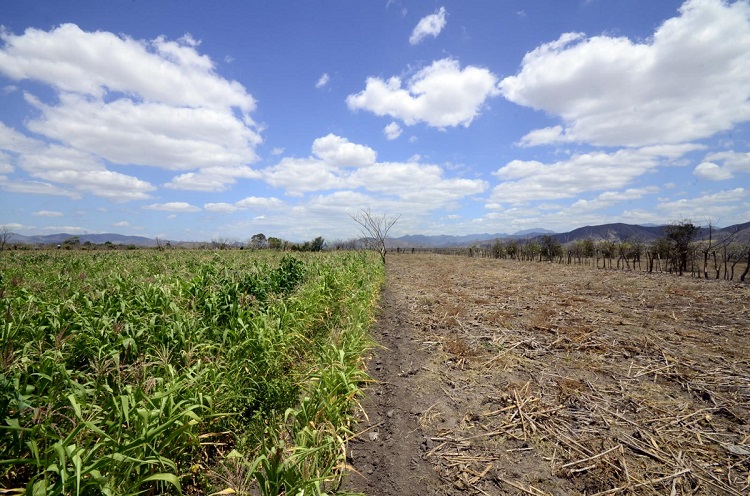As a growing number of countries declare a climate emergency, climate strikes and protests sweep the world, and the entire scientific community reaches a consensus on anthropogenic global warming, the effects of climate change continue to be keenly felt in sub-Saharan Africa, with impacts on agriculture, the environment, human health and livelihoods.
It is therefore more crucial than ever that African researchers are able to make a significant contribution to scientific knowledge on climate change.
The DFID-funded programme known as CIRCLE (Climate Impact Research Capacity and Leadership Enhancement), led by the Association of Commonwealth Universities, was set up to fund African early-career researchers working on various aspects of climate change to spend a year at another African university or research institution.

The visiting fellows were further supported by a network of ‘Specialist Advisers’ from universities and institutions in India, Norway, Spain, Sweden, Turkey, the UK, and the CGIAR system, who offered advice on research design, implementation and dissemination. Thirteen NRI staff members served as Specialist Advisers over the programme’s five years, supporting over 50 visiting fellows.
NRI’s Professor John Morton led the Quality Support Component of the programme, and published a report on ‘Organisational Strategies and Structures for Climate Change Research in sub-Saharan Africa’. The report is based on a questionnaire survey and on interactions Professor Morton had with research leaders from the 30 African universities in 10 African countries involved in CIRCLE.
The report highlights both good practice and constraints experienced by African universities in organising climate change research. Recent experience of CIRCLE institutions shows that establishment of dedicated interdisciplinary climate change research centres is feasible and can be productive within a relatively short timeframe. The report also covers the topics of linking to regional and global partners, facilitating engaged and interdisciplinary research, accessing climate data, and incentivising researchers through promotion procedures.
Much needs to be done to reverse historic inequities in research funding and allow African institutions to work in climate change research to their full potential. Such support can go hand in hand with measures to foster research collaboration and networking between institutions (subnational, national, inter-African, South-South and South-North) and to address the specific needs for promoting climate change research that is interdisciplinary and engaged with both communities and decision makers.
To find out more about:

